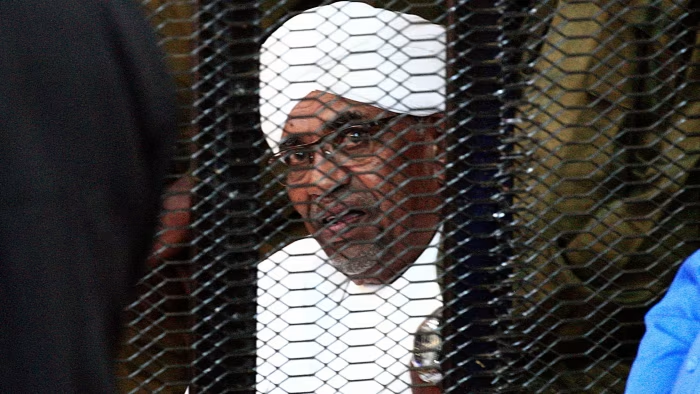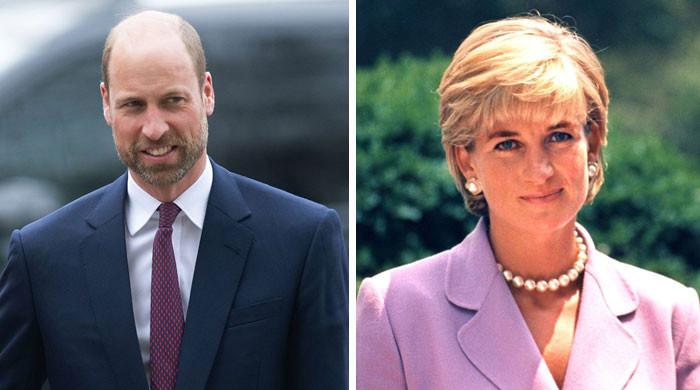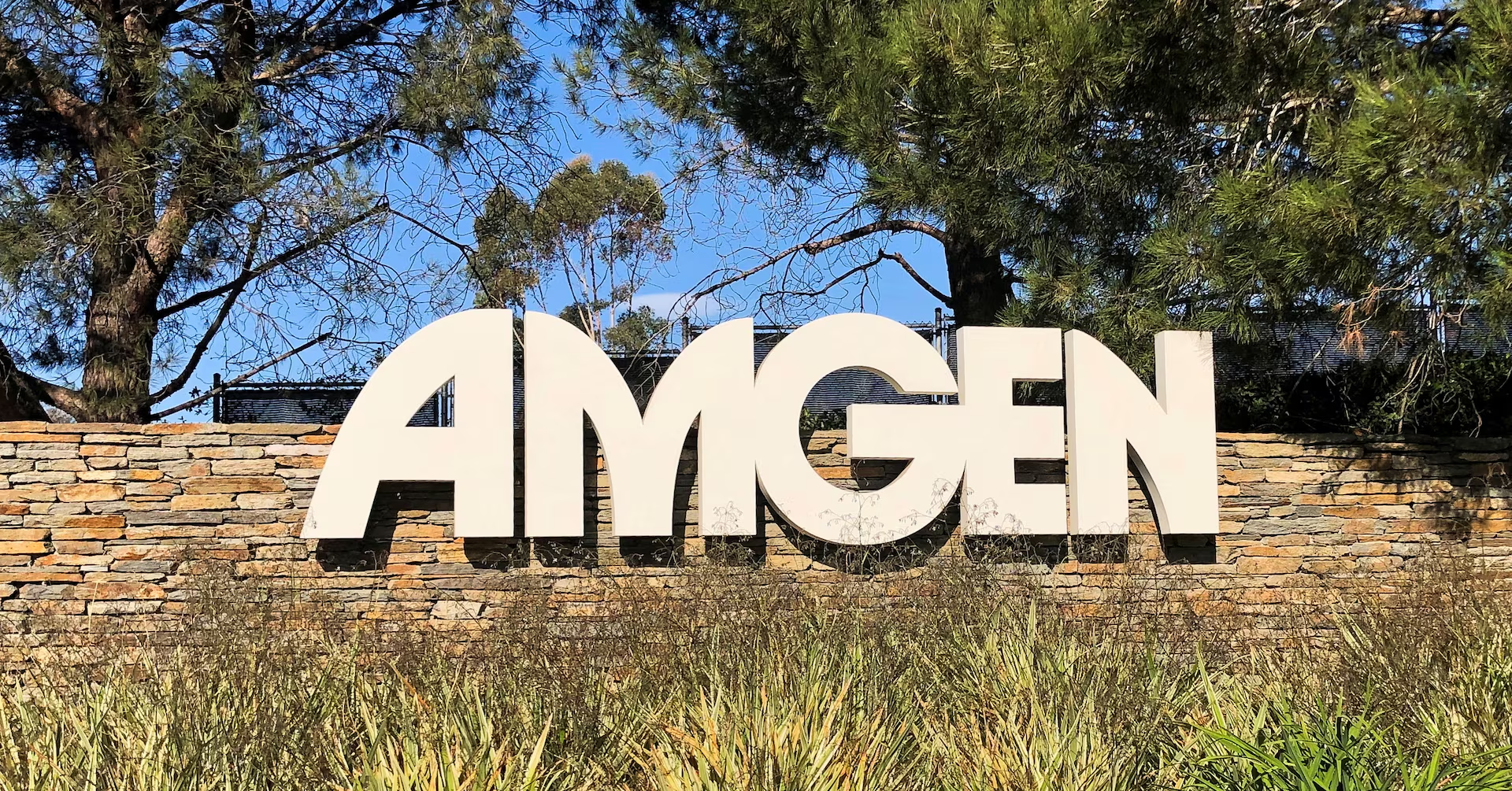Unlock the Editor’s Digest for free
Roula Khalaf, Editor of the FT, selects her favourite stories in this weekly newsletter.
A Manhattan jury has found BNP Paribas liable for more than $20mn in damages to three Sudanese refugees after a trial over its role in banking the war-torn African nation’s ruling regime, in a case that could set the stage for far larger claims against it.
Lawyers for the refugees accused BNP Paribas of enabling human rights abuses, in a rare case of a global bank facing a jury trial for such allegations. It emerged from the French bank’s own 2014 guilty plea to criminal charges of processing blacklisted funds from Sudan and other sanctioned countries through the US financial system, for which it paid a $9bn penalty.
The refugees alleged BNP played a direct role in an “organised campaign of destruction” by Sudan’s former ruler, the dictator Omar al-Bashir, in the late 1990s and 2000s. They accused the bank of supporting Bashir’s government by giving it access to US financial markets and “petrodollars”, enabling it to buy weapons that it used against its populace as a result of oil revenue.
“The bank provided a blank cheque to the regime, which it used to perpetrate a reign of death and destruction on that targeted population,” said Michael Hausfeld, a lawyer for the refugees. “The bank knew of the genocidal use and chose to turn a blind eye of indifference to that human consequence.”
The bank was on Friday found liable of damages worth $7.3mn, $6.7mn and $6.75mn, to each of the three respective plaintiffs. But the initial case sets the stage for a series of future trials over allegations of forced displacement and human rights violations, including torture and rape.
The so-called bellwether verdict could open the door to potentially far more damages, as thousands of additional victims line up to assert claims. More than 20,000 Sudanese refugees were members of the class of victims certified in the case, according to Hausfeld, one of the law firms that represented them.
Pressure on BNP to settle the case would rise “for amounts much higher than we’ve estimated”, said Elliott Stein, a litigation risk analyst at Bloomberg Intelligence. “We don’t rule out a settlement in the low billions.”
BNP said it “believes that this result is clearly wrong” and had strong grounds for appeal. The verdict was “based on a distortion of controlling Swiss law and ignores important evidence the bank was not permitted to introduce”, it added. BNP also said it “should not have broader application beyond this decision” and only applies to the three plaintiffs.
The verdict against France’s largest bank comes after the trial started in New York last month, almost a decade after the case was first filed.
Sudan was rocked by several civil wars during Bashir’s rule that led to millions of deaths and displacements. He was charged by the International Criminal Court in The Hague with crimes against humanity, including war crimes, murder, torture and genocide, for turning the government’s armed forces against civilians in the course of a campaign against rebel groups. He was deposed in a coup in 2019.












